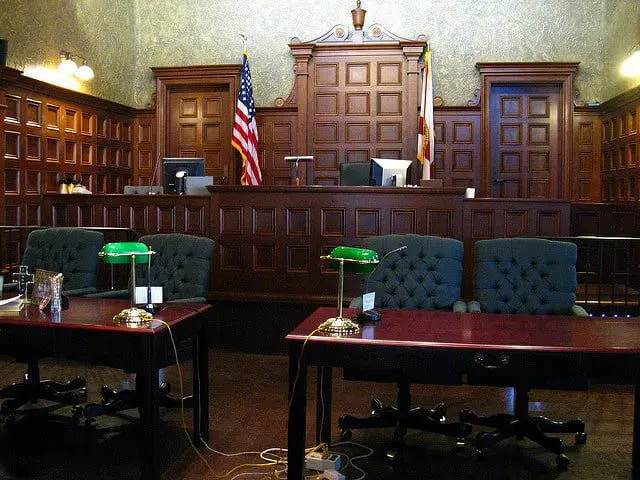Constitutional Rights
Navigating the Landscape of Constitutional Rights
The foundation of a democratic society lies in the understanding and exercising of constitutional rights. These rights, enshrined in the Constitution, are not just legal provisions but are the pillars that uphold the liberty, dignity, and equality of every citizen. This comprehensive article delves into the various facets of constitutional rights, aiming to empower readers with knowledge and clarity.
The Essence of Constitutional Rights Constitutional rights are the guaranteed liberties provided to individuals by the Constitution. These include the right to free speech, the right to privacy, the right to a fair trial, and many more. Each of these rights plays a vital role in safeguarding the interests and freedoms of citizens, ensuring a balanced and just society.
Understanding Your Rights A clear understanding of one’s constitutional rights is crucial. It involves knowing not only the rights themselves but also the limitations and responsibilities that come with them. For instance, while free speech is a fundamental right, it does not allow for hate speech or incitement to violence. Similarly, the right to bear arms comes with responsibilities and regulations to ensure public safety.
The Role of the Judiciary in Upholding Rights The judiciary plays a crucial role in interpreting and upholding constitutional rights. Through landmark judgments and ongoing legal processes, courts ensure that these rights are protected and applied fairly. They also act as a check on the other branches of government, ensuring that no law or executive action infringes upon these fundamental rights.
Exercising Rights Responsibly Exercising constitutional rights responsibly is a cornerstone of a functioning democracy. This involves not only asserting one’s rights but also respecting the rights of others. Engaging in informed debates, voting in elections, and participating in civic activities are ways through which individuals can actively exercise their rights.
Challenges and Contemporary Issues Despite the robust framework of constitutional rights, challenges persist. Issues like digital privacy, freedom of expression in the age of social media, and the rights of marginalized communities continue to test the boundaries and interpretations of these rights. Navigating these contemporary issues requires a dynamic and evolving understanding of the Constitution.
Conclusion Constitutional rights are not static; they are living principles that adapt to the changing needs of society. Understanding and exercising these rights is not just a legal imperative but a civic duty. By staying informed and engaged, citizens can ensure that their rights are respected and upheld, contributing to a vibrant and thriving democracy.




